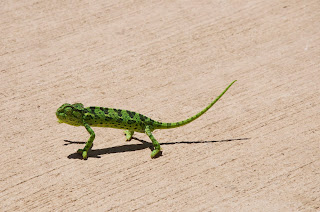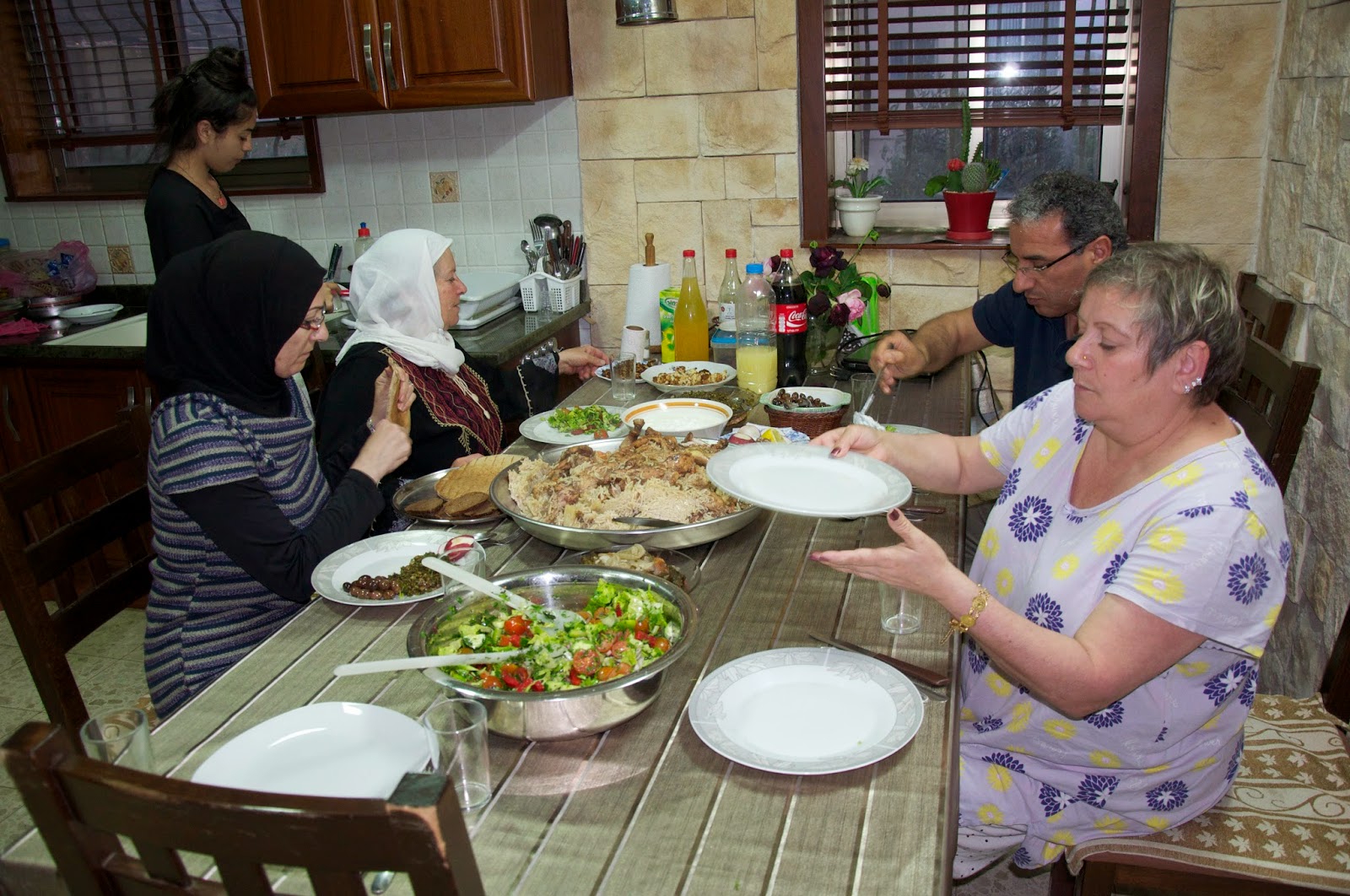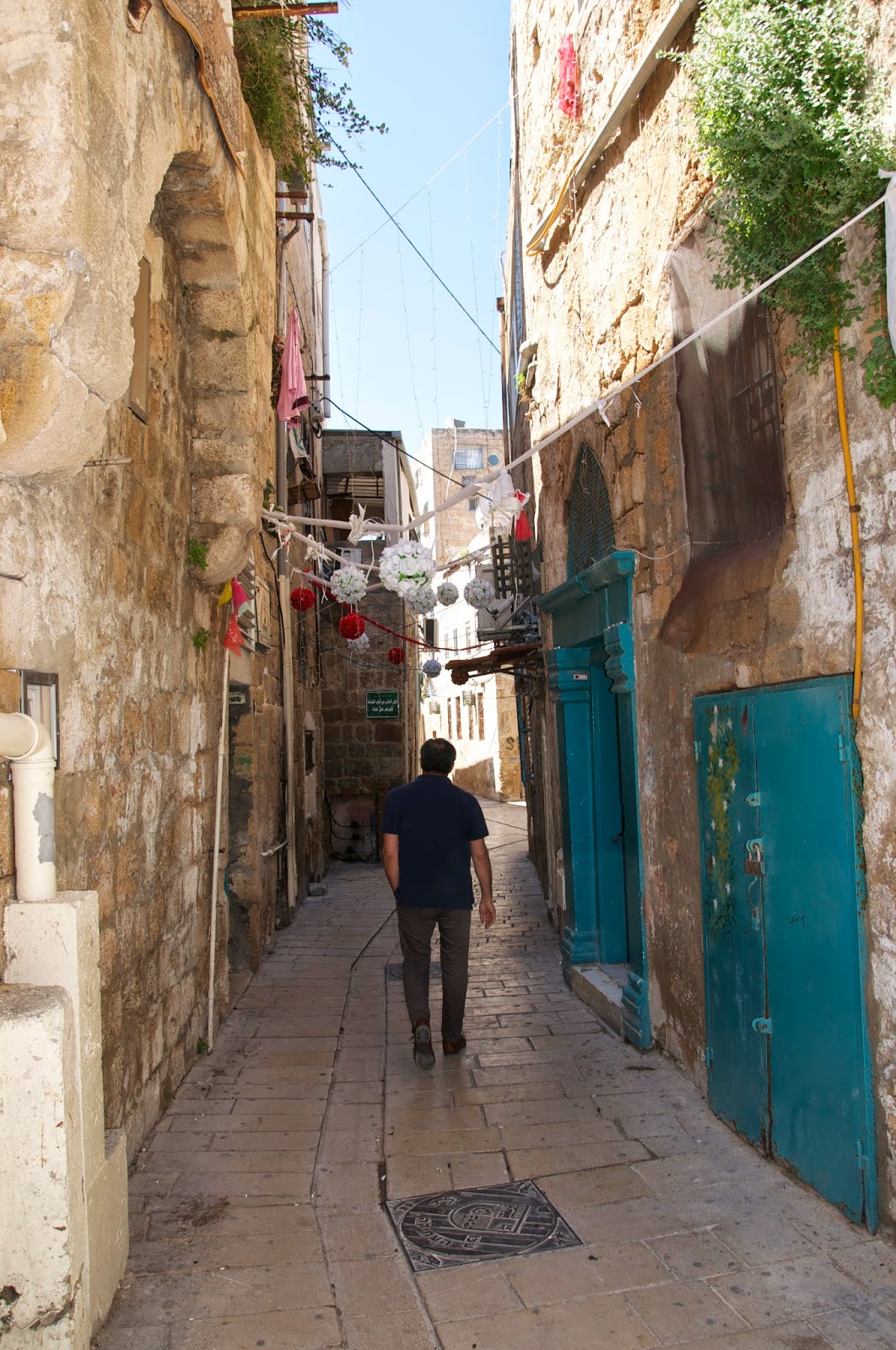 |
| Khitam |
I'm back in Arrowsic, Maine, in my house on the Kennebec River. It's damp today and not warm, not yet. The weather is similar to Palestine's the first few days I was there, and then it warmed up, as I expect it will here. That's what happens in Palestine, if you spend some time there. At first it may seem cold, or cool, because you don't know anyone, they're speaking a different language and they didn't expect to see you. Then you ask someone a question and get a helpful answer; you pass a shop and the shopkeeper invites you for coffee; you have a conversation with someone and he or they invite you for dinner and insist. Palestinians are more hospitable than most people I know, and their hospitality could not be more genuine. I miss my friends and new acquaintances there and am glad to be back in Maine with friends and with family and others I love: emotionally, one foot over there and one foot over here.
 |
| Palestinian village |
My friend, and the friend of many, Abed is very clear about his goals: to preserve the lives of young Palestinians; to offer educational and artistic opportunities to the people in Aida Camp for Palestinian refugees; and to practice what he calls "beautiful resistance," a form of non-violent protest against Israel's occupation. Abed founded and runs a remarkable program at the camp, offering instruction in everything from theater to sewing traditional Palestinian designs; from the first physical education program for Palestinian women to teaching digital photography; from a library to a pre-school program and more. Now he has begun construction of a new building for developing, producing and marketing educational toys. He has his Ph. D. in biology from France, teaches storytelling at Bethlehem University, travels Europe and the United States to raise money for his projects at Aida Camp and is married with five lovely children.
 |
| On the bus |
He and his family have a house near Aida, where he was raised, and an apartment in East Jerusalem. His children go to school in Jerusalem, so they are in Bethlehem with him on the weekends and often he would drive to Jerusalem to be with them after a day's work. That is no longer possible. When the Pope visited Jerusalem several months ago, he came to Bethlehem and wanted to go to the wall. He stopped his car near Aida Camp, where Abed and many of the young people in his program were ready to greet him, should he arrive. They carried signs asking for the Pope's help gaining their freedom from occupation and the wall. Abed spoke as the Pope approached the wall to pray. As a result, Israel has forbidden him to go to East Jerusalem, claiming he was making trouble. Now he sees his family only on weekends when they come to visit.
I met Khitam's friend Antoine on the street in Acre, when we were visiting Khitam's family. He speaks fluent English and is a Palestinian Christian. When he was in high school, he met and fell in love with Taghreed, a young Muslim, and she fell in love with him. Their love blossomed and they eventually decided to marry. Antoine's father was furious and kicked him out of the house. Still he and Taghreed were determined to get married. When Khitam's mother, a devout Muslim and a widow then, heard about Antoine and his father, she decided to step in. There is a tradition before a wedding of the groom's friends giving him a bath, a dose of the local version of Old Spice and generally making sure he was all spiffed up for his wedding. Since that was no longer possible at Antoine's house, Khitam's mother held the ceremonial bath at her house, making sure Antoine knew he had a second home there.
 |
| Budding artists waiting to make art on the bus |
Antoine and Taghreed have been married for over thirty years and have three "beautiful grown children," Khitam told me. Antoine's father eventually realized that his son and Taghreed were meant to be together and has since celebrated the marriage.
I attended two concerts with Khitam and Cotton, the second the night before I left, which left me sleep deprived but exhilarated when I got on the plane in Tel Aviv. The musicians were The Trio Jubran, Palestinian brothers who play the oud and are accompanied by Youseff Hbeisch, a remarkable percussionist I had heard at an earlier concert with the Oriental Ensemble. The Trio Jubran tours extensively and no longer live in Palestine. They played three concerts in two days while there, one in East Jerusalem and two in Ramallah where we heard them. They had come from Oman and were headed to Russia with Palestine sandwiched in between.
 |
| Jihad and Rima'a |
 |
| Warm up in a teachers workshop |
The hall was packed with an audience of 800 - 1,000, and when the three walked on stage with Youseff, the crowd erupted. They started right in and the crowd was with them every beat of the way. When they stopped to talk to us, people listened intently and applauded often at what the oldest brother, their spokesman, said. The music was infectious, and Cotton and I soon found ourselves moved, massaged and exhilarated, along with everybody else. It was clear that the musicians and the audience had an intense and mutual love affair. At one point, Hbeisch took a solo, playing Arabic drums, bongos, cymbals, tambourines and more, all with his hands; eventually the three Jubran brothers came over and, each taking a percussion instrument from the stock around Hbeisch, began playing with him, to the crowd's delight. Later, the three of them teamed up somehow to play together on one oud. The energy and joy in the hall infused the walls, ceiling, seats and all of us. 'Twas a memorable last night in Palestine.
 |
| Teachers at a workshop in East Jerusalem |
And there is a spray of memories: erratic traffic where the concept of lanes seems not to exist; kids racing around Zada's house in Naher; trash by the side of the road. In Ramallah, Rima'a and Jihad and their "Adel Fair Trade," where they sell organic food grown and produced by farmers and elderly women who needed support and now have a growing cooperative business, with farmers markets that Rima'a and Jihad are helping farmers develop. Hospitality that is gracious, sincere, insistent and generous to a fault unless you are very hungry. The beauty of the countryside with its olive grooves and rambling Palestinian villages. Check points with young IDF soldiers who tend not to acknowledge the humanity of the people they stop or wave through and settlements on hilltops, walled and watered. And always, the wall...
 |
| Take the #@# picture! I'm in a hurry. |
 |
| Just a light evening snack in Zada's kitchen |
I am left with the glow of Palestinian hospitality and a sadness at their plight. I am disappointed and frustrated by an American policy toward the Middle East that falls all over itself to be Israel's friend and does not acknowledge the rights of Palestinians: the Israelis are human beings like us, the Palestinians are terrorists. The latter could not be further from the truth. The fact is, Israelis and Palestinians are human beings like us and they are also different, both. Israelis come from Eastern and Western Europe, Russia, Ethiopia, some Middle Eastern countries and Palestine. Palestinians come from Palestine, what is now Israel and occupied Palestine. These peoples have many different customs and yet they could all live together, but the United States government seems more and more determined in its uncritical reverence for an Israel that is moving inexorably to absorb the rest of Palestine, or so it seems. Meanwhile, contrary to unspoken diplomatic rules, Prime Minister Netanyahu decided to accept US House Speaker John Boehner's invitation to address a joint session of the US legislature, to lecture President Obama on US foreign policy and Congressmen and women raced to see who could stand first and most often and who could clap loudest and longest. A cab driver
 |
| The next generations in Khitam's extended family |
picked up my friend Cotton at a check point near Khitam's house. He spoke fluent English and when they began talking about our government's policy, Cotton mentioned "the US Congress." The driver interrupted him: "You mean the Israeli Congress." "No," Cotton said, "the US Congress." "There is only one Congress there," responded the driver, "the Israeli Congress." This from a Palestinian cab driver who is barely getting by, driving a cab near Adahya. Of course we have an independent Congress, but how independent when it comes to our policy regarding Israel and Palestine? That's a difficult conversation with Palestinians over the meal they are sharing with you. They don't make it difficult for me. My trying to make sense of it makes it difficult.



















